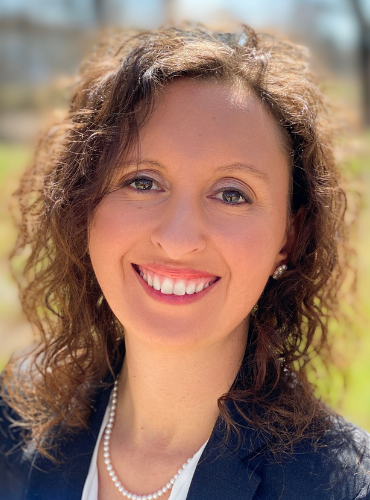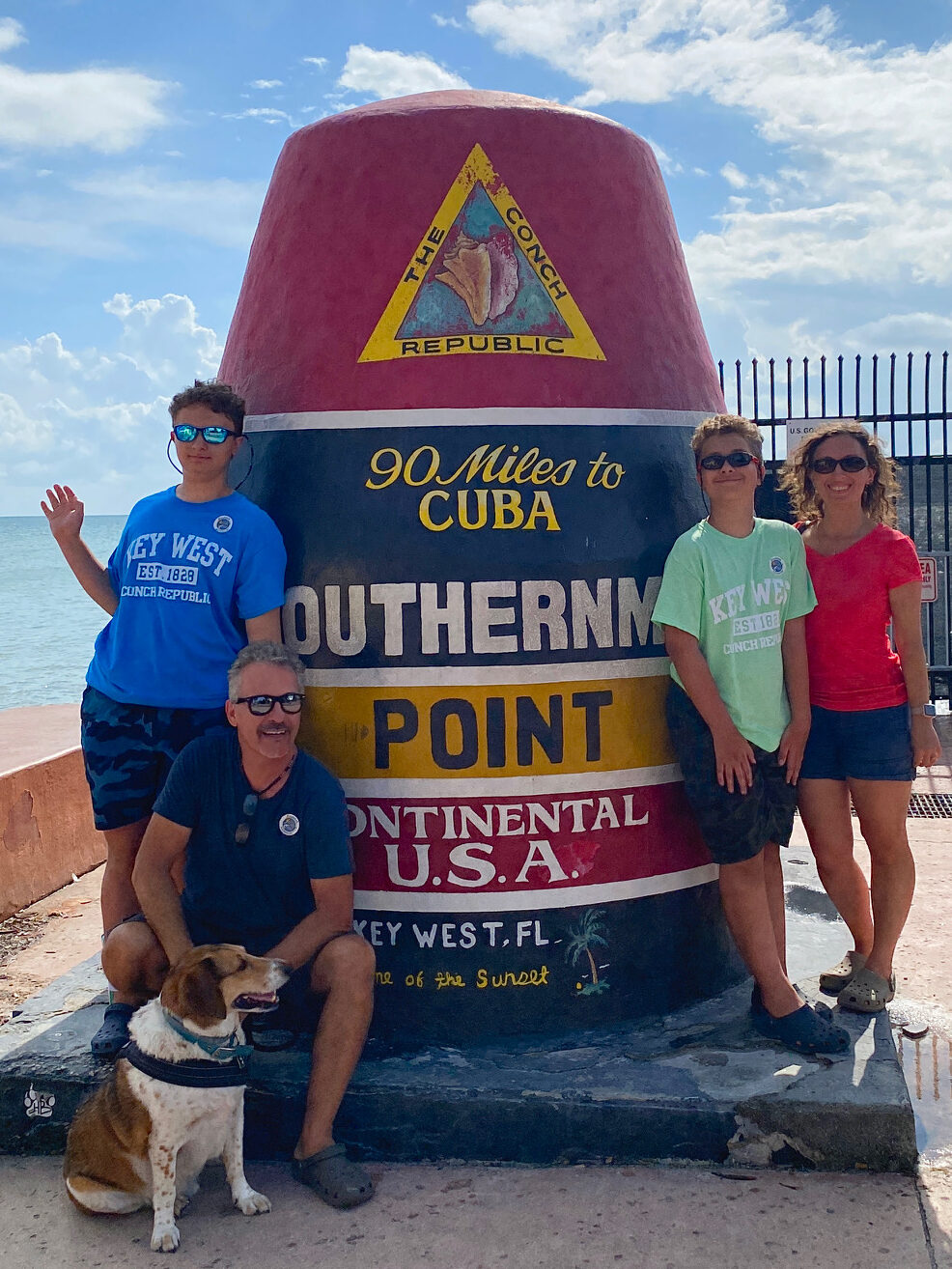
For Dr. Theresa Haskins, the motivation to create inclusive workplaces wasn’t just a professional desire; it stemmed from her personal experience. Becoming a mother to a gifted and autistic son drove her to create resources for his learning journey, and eventually work with organizations to examine their talent management practices and make them more accessible to autistic and neurodivergent individuals.
Haskins is CEO of Haskins Consulting Group, a neurodiversity inclusion company that provides education, leadership consulting, and customized interventions to support neurodiversity and increase leaders’ (managers, teachers, parents) ability to implement practices that are inherently neurodivergent inclusive. Haskins is also the Head of the Global Employee Support (GES) HR Service Enablement Team at JPMorgan Chase, where she reimagines service learning and works with leaders and teams to create domain experts and trusted advisors that support employee inquiries of the firm’s HR policies, processes, and systems.
She holds a BA in sociology from Kent State University, an MA in educational psychology from Eastern Michigan University, and an EdD in organizational change and leadership from the University of Southern California.
Below, Haskins shares memorable career moments, her leadership principles, and more on her specialty in neurodiversity.
What is neurodiversity-inclusion and how does it play a role in organizations?
Neurodiversity-inclusion is the recognition and acceptance that humans process information differently and may not interact or exhibit behaviors in traditionally normative ways and that neurovariance increases inclusion and benefits workplace interactions and productivity.
For organizations, neurodiversity-inclusion requires leaders to look at differences from a strengths-based perspective – focusing on the benefits and value-add individuals bring and focusing less on the differences that may result in impairment that disables the person from engaging fully. Neurodiversity-inclusion also informs the social model of disability – that shows that the environment (workplace) either supports individuals or disables them from participating fully; it is not the individual but the social construct that limits accessibility and inclusion.
How did you make neurodiversity-inclusion a specialty in your career?
Before I address “how” I made it a specialty, I think it’s important to know “why.” About 15 years ago, I became a mother to a twice-exceptional son. He is both gifted and autistic. In his earliest years, my husband and I struggled to get the support we felt our son needed and were left with more questions than answers. When I could not find the help I felt my son needed, I returned to school to become an Educational Psychologist. I developed methods that allowed me to create a customized homeschool program for my son, based on my research.
I also created interventions that enabled teachers in general education classrooms to be more inclusive and improve education outcomes for autistic students in their classrooms. However, as my son grew older, I became less worried about his education outcomes and more concerned with data that showed that despite education and capabilities, my son might struggle to obtain gainful employment commensurate with his abilities and knowledge. So, about seven years ago, I turned my focus on creating more inclusive workplaces through universally designed management practices.
What do you believe are the most influential factors in an organization’s inclusion efforts?
I believe the most influential factors in an organization’s inclusion efforts are awareness and process. That means beyond education regarding diversity and discrimination, managers and employees need insight into the behaviors and beliefs they have, that on the surface, are not wrong but perpetuate a lack of inclusion. Many times, just the way we have chosen to define skill requirements or workplace behavior expectations results in a lack of neurodiversity.
Let’s use neurodiversity-inclusion issues as an example. More organizations are creating targeted outreach and intake programs to onboard more neurodivergent individuals. However, neurotypical people tend to seek similarity, likeness, and cultural fit when assessing an employee’s worthiness for employment. So, even though managers are part of these autism-inclusion programs and they are informed about differences in speech patterns, lack of eye contact, bodily ticks, stims, and issues with executive functioning, the typical work environment, and normative behavior expectations continue to keep neurodivergent people from successfully engaging in the broader workplace. For an organization’s efforts to take hold, individual employees and managers need support to learn about and accept the value of differences in others.
Do you have any leadership philosophies that guide how you approach your work?
The more complex a situation is, the more adaptive leadership needs to be, and the more a leader needs to empower and trust your team. I believe it is a leader’s job to know and accentuate the strengths of her team – so that when ambiguous or uncertain situations arise, the leader can deploy her team to execute and be confident in their abilities.
I believe that leaders hold the key to opportunity. They have the power to accentuate or limit employees’ potential. Therefore, they need to be open to differences and creativity. A leader creates the space for innovation to occur by celebrating and accepting novel ideas and approaches.
Also, healthy (physically, mentally, and motivationally) employees are productive employees. Everyone benefits when employees are treated like people, not expendable resources. When we focus on the human before resource, we will make better decisions, focused on long-term production and sustainable outcomes, not just short-term gains and the most recent goal attainment.
In the end, companies are as good as their people. People create the goods, manage the machine, develop the ideas, implement the systems that make a company viable, no matter the industry. Even in industries where robotics, automation, and AI are growing in use, people are still essential to the sustainability of those solutions and systems. Businesses that understand that people are central to success will outperform their competitors and last the long haul.
What do you hope students will take away from your courses: Talent Management and Change Management & Organization Development?

Photo: Theresa Haskins
I hope my students will view Talent Management from a more inclusive and neurodiversity perspective. In addition to teaching existing talent management methodologies, I want to challenge their thinking and show them areas where current practices perpetuate a lack of diversity in an organization. They will learn how to apply flexible approaches and rethink how leaders assess competencies and skills required to work. This universal view on talent management practices will promote diversity and enhance employee performance and engagement for all.
When it comes to Org Development and Change Management, I want my students to know that they influence and lead change integration regardless of their level or title. Whether we are the initiator, implementor, or recipient of change, each of us plays a part in executing and adopting a change in our organization. No matter your role, you have the power to help or hinder success.
What do you enjoy outside of your work?
I enjoy traveling with my family. We like to explore new places with the boys, learn about other cultures, and discover foods to expand our palate and minds. We are currently adventuring in an RV to historical cities and remote locales across the US. We find the journey is just as memorable as the destination, and in addition to relaxing and recreation, the boys are learning skills they can use throughout their life.
Learn more about the MS in Human Resource Management program.


